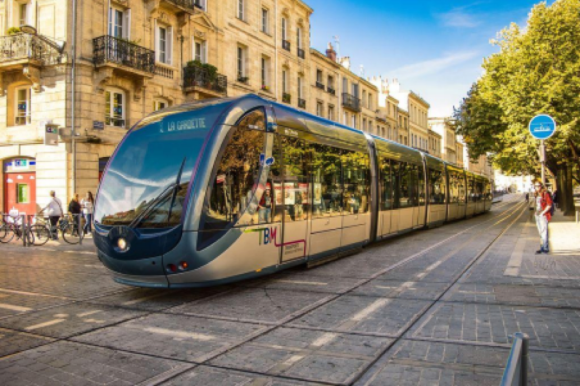As cities continue to expand and populations grow, the demand for transportation has surged, bringing with it increased traffic congestion, air pollution, and carbon emissions. Urban travel now accounts for a significant portion of greenhouse gas emissions, making sustainable transportation solutions more critical than ever. Embracing eco-friendly travel methods in cities is no longer an option; it is a necessity for ensuring healthier and more livable urban environments.
One of the most effective ways to promote sustainable mobility is through the development of efficient public transportation systems. Buses, trains, and trams that operate on clean energy sources such as electricity or hydrogen drastically reduce emissions compared to private vehicles. Many cities are already investing in electric bus fleets and expanding metro networks to accommodate more passengers, reducing the reliance on personal cars.
Cycling and walking are also at the core of eco-friendly city travel. By creating safe cycling lanes and pedestrian-friendly pathways, cities can encourage residents to opt for these healthier and zero-emission modes of transport. Bike-sharing programs have become increasingly popular in major metropolitan areas, offering a convenient and affordable alternative to motorized travel.
In addition to physical infrastructure, technology is playing a vital role in driving sustainable urban mobility. Ride-sharing platforms and carpooling apps are reducing the number of vehicles on the road, cutting down on traffic and emissions. Similarly, the rise of electric scooters and e-bikes offers another practical solution for short-distance commutes, bridging the gap between public transport stations and final destinations.
Urban planners and policymakers are also adopting strategies such as congestion pricing and low-emission zones to discourage car dependency. These measures not only reduce traffic but also improve air quality in densely populated areas. Furthermore, integrating renewable energy into transportation networks, like solar-powered charging stations for electric vehicles, strengthens the push toward sustainability.
Ultimately, creating an eco-friendly urban travel system requires collective effort from government initiatives and technological innovation to individual choices. By prioritizing public transport, promoting active travel modes, and supporting green technologies, cities can significantly reduce their carbon footprint while improving quality of life for their residents. Sustainable transportation is not just about moving people efficiently; it’s about shaping cities that thrive in harmony with the environment.

